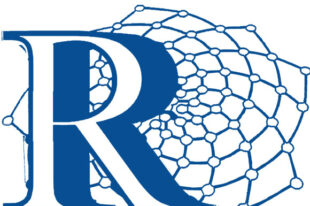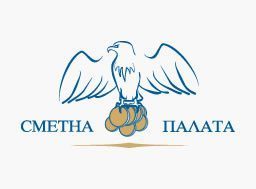Control, Oversight System Reformed in Republic of Belarus

Changes in legislation regulating oversight activity became effective in the Republic of Belarus January 1, 2018.
These innovations, outlined in the presidential decree “On Measures to Improve Control (Oversight) Activities,” were developed by a specially created working group headed by the State Control Committee (the Supreme Audit Institution (SAI) of Belarus).
The new legislation reduces oversight bodies authorized to conduct audits by one third and provides for numerous measures aimed at reducing audit restrictions or regulations on business entities, such as stricter conditions for audits, audit frequency limitations, and the range of issues allowed to be audited.
Beginning in 2019, selective audits will be introduced into oversight bodies and will be conducted based on risk assessment criteria while considering available information regarding potential legislation violations by the audited entity. In an effort to increase stakeholder communication and transparency, the schedule of selective audits will be communicated on the SAI Belarus website.
Initiating unscheduled audits has increased limitations, with approximately 50 percent of the grounds to conduct such audits being excluded. Unscheduled audits will be conducted primarily if the oversight body has reliable information on legislative violations or has factual knowledge that specific dangers exist, such as threat to human life and health; and damage to the environment, state security, and property. Business entity use of budget funds, state finances, property and support will also provide a basis for conducting an unscheduled audit.
Additional mechanisms protecting legitimate rights and interests of businesses have been incorporated into the new legislation. Categories of those having rights to appeal decisions and actions set forth by the oversight entity have been broadened. Only the court can suspend auditee activities, and liability measures will not be applied against the business entity if violations are addressed within a specified period.
Controllers now have expanded responsibilities. In particular, administrative liability for gross legislative violations has been introduced. SAI powers have also been substantially modified, which further increases the SAI’s monitoring and oversight activities.
Recently, SAI Belarus established the Interdepartmental Council for Control Activities. Led by Mr. Leonid Anfimov, Chairman, SAI Belarus, the council, which also includes heads of state bodies and business community representatives, seeks to form unified approaches to oversight activities and coordinate effective interaction in planning, organizing and conducting audits and inspections.





